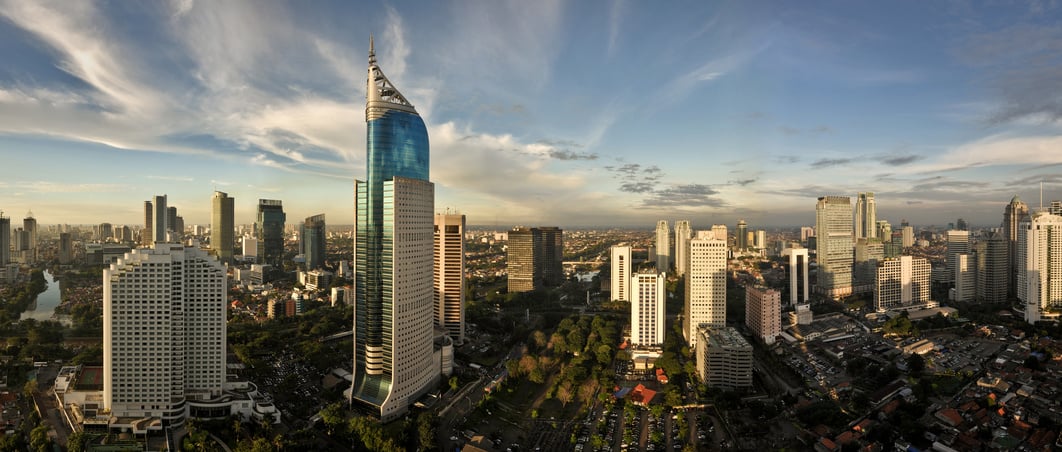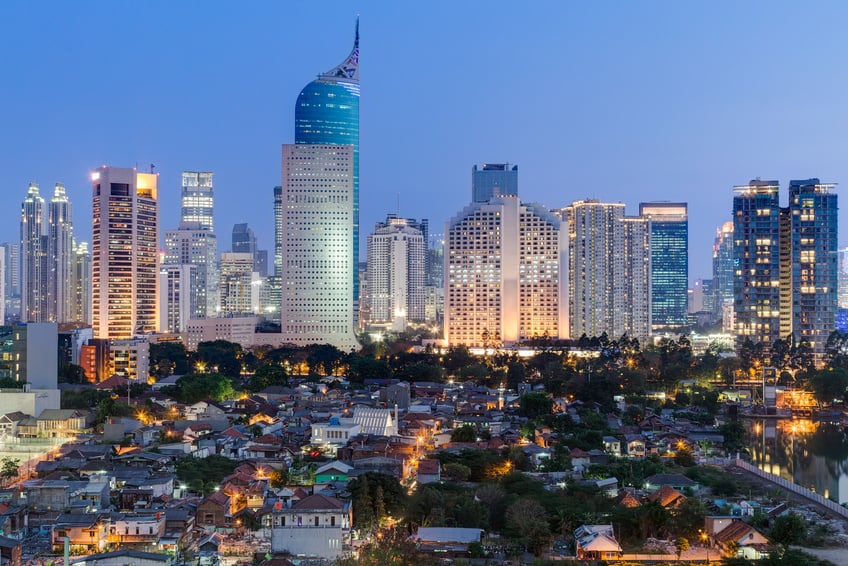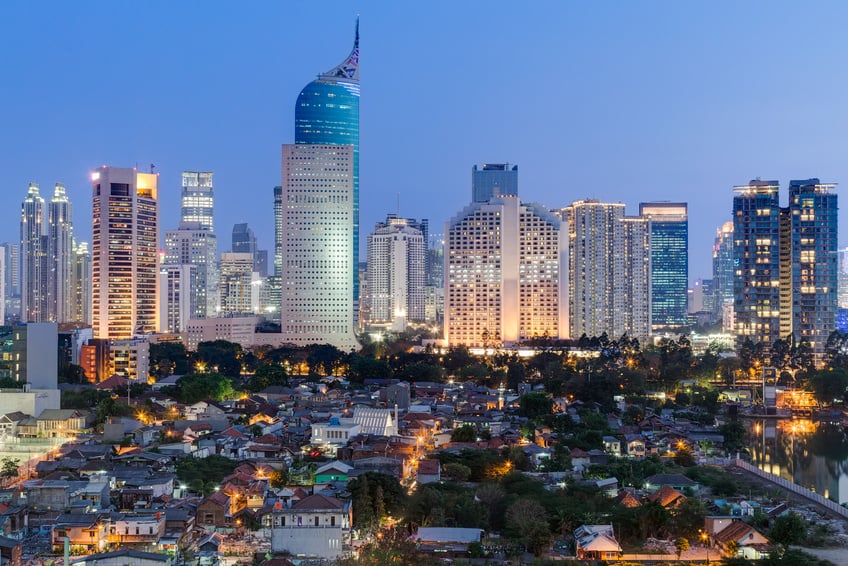The Constitutional Court recently issued a judgment rejecting a request to include Over the Top (OTT) services under the scope of Law No. 32 of 2002 on Broadcasting as amended by Law No. 11 of 2020 on Job Creation (“Broadcasting Law”). The judgment saves OTT services operators from licensing and censorship requirements under the Broadcasting Law. If the court had granted the request, OTT services operators would have needed to be licensed as broadcasting institutions and be subject to censorship by the movie censorship board. The judgment confirms that OTT services are not subject to the Broadcasting Law and remain subject to Law No 19 of 2016 on Amendment of Law No. 11 of 2008 on Electronic Information and/or Transaction (“EIT Law”).
The Constitutional Court’s judgment is final, binding, and not subject to appeal.
The judgment was rendered following an application for constitutional review of the above provision by two conventional broadcasting operators who perceived that there is unequal treatment against them and OTT service operators.


